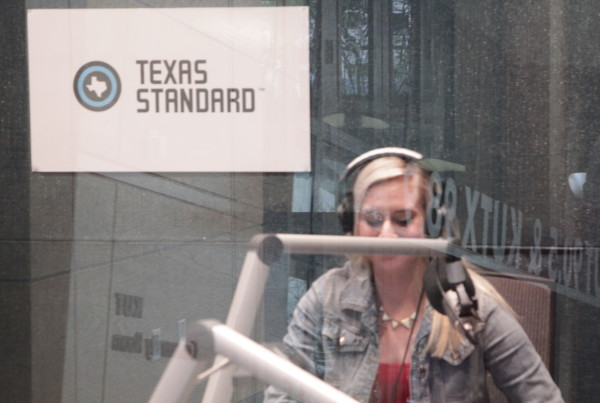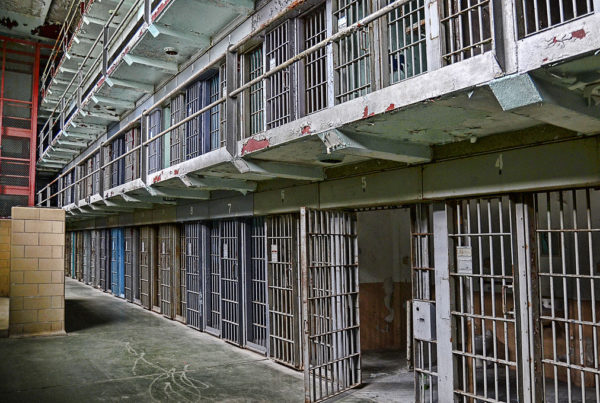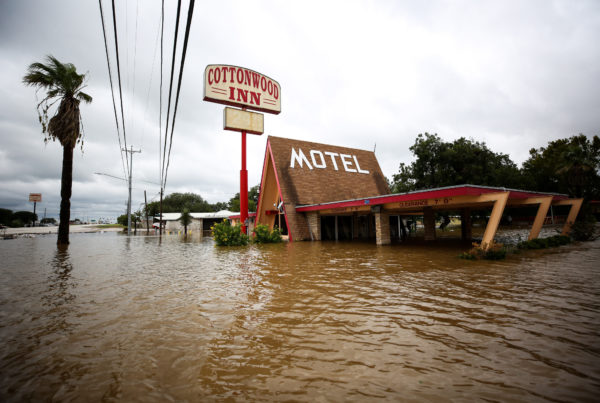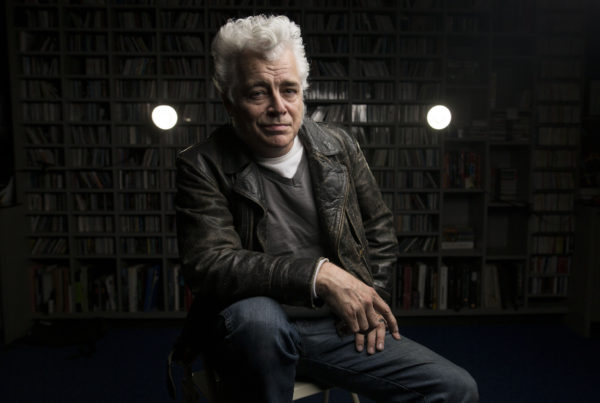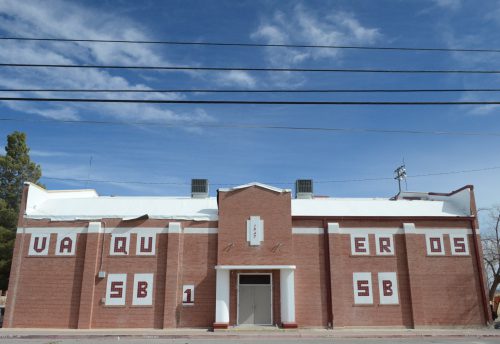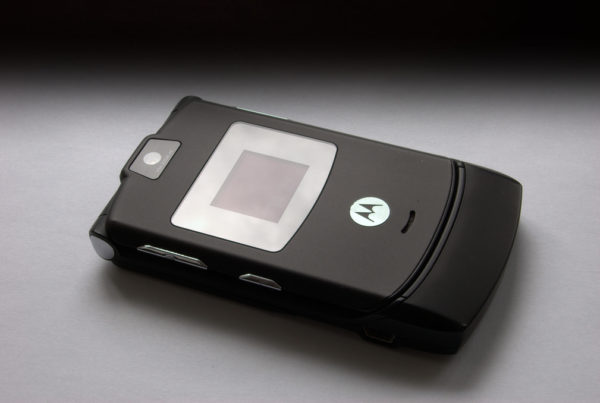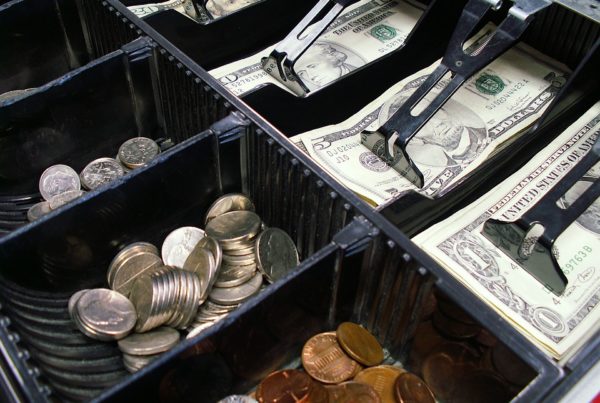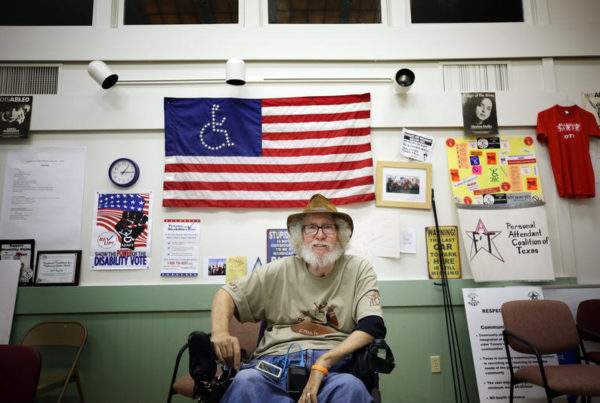Reach way back to high school economics for a second and remember the term “trade deficit.” It just means that we buy more goods from a country than they buy from us. Some officials believe that having too big of a deficit is a bad thing. That’s one reason why President Donald Trump is pushing for a tariff designed to slow the flow of foreign steel and aluminum into the United States.
Ed Hirs, an energy economist and a professor at the University of Houston, believes that’s a big mistake. In a column for the Houston Chronicle, he says that bigger is better when it comes to trade deficits.
“Trade deficits exist because the United States economy is growing faster than other economies,” he says. “Our demand for products, in particular products like aluminum, steel, oil and gas, other commodities, has outpaced growth around the world.”
The president is calling for a massive tariff, though, to help those who have lost their jobs.
“It might reemploy folks,” Hirs says, but “every one of us in Texas will be paying for this increased cost of steel in automobiles, refrigerators, in the rebuilding of Highway 290 out of Houston. It’s one thing to have a volunteer army, but in a global trade war, we’re all conscripted.”
He says the tariff is essentially a large tax on economic activity in the United States.
While the Trump administration is citing national security as one of the justifications for this proposed tariff, Hirs says it would make the U.S. less secure.
“I think that the large antagonist in the world playground are less likely to damage the economic engine which drives the rest of the world,” he says. “We want to remove the incentive for anybody to fire a missile or a torpedo at us.”
Hirs says that one good way of doing that is through business and investment.
Written by Jen Rice.




